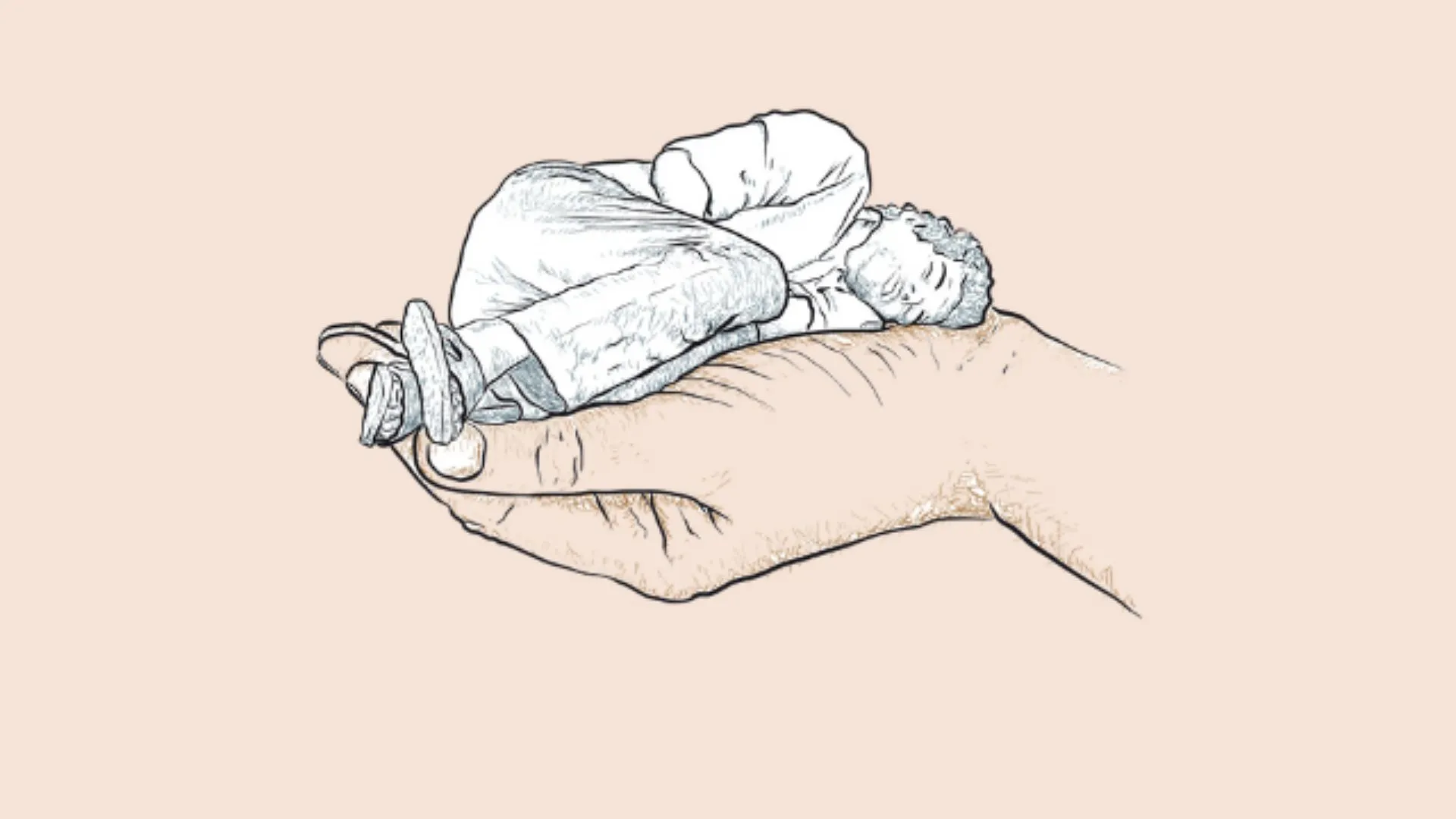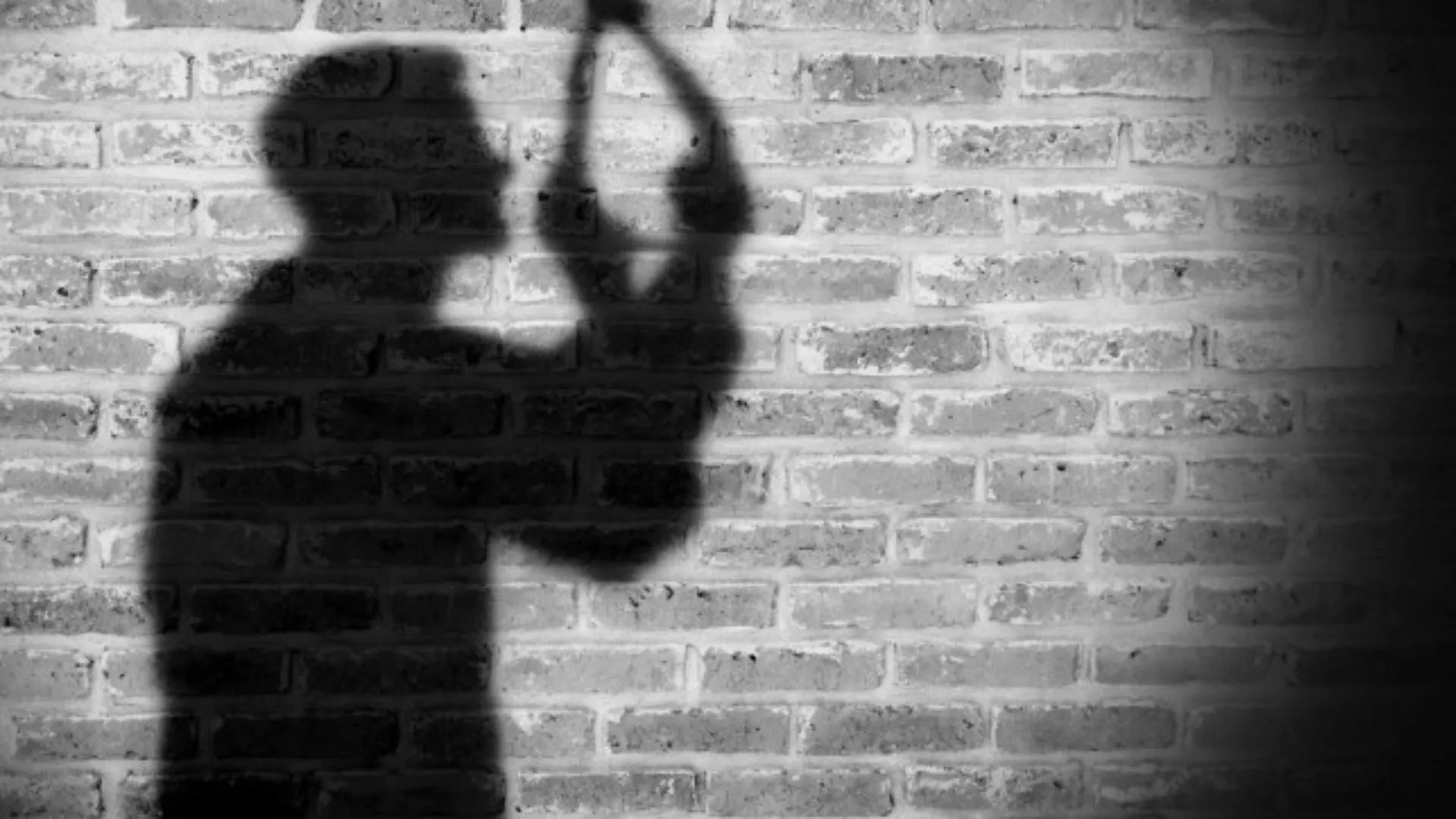Male rape is a vastly underreported and misunderstood phenomenon, surrounded by stigma, silence, and destructive social myths. While people often discuss sexual violence against female survivors, society frequently overlooks thousands of men who endure the same trauma due to archaic notions of masculinity, consent, and victimhood.
This article shines a light on the frequently hidden suffering of male rape survivors, using expert opinions, survivor accounts, and research to break down stereotypes and call for more awareness and help.
Breaking Myths Around Masculinity and Abuse
Male rape survivors often suffer in silence, shame, and disbelief. Outdated stereotypes hold them back and make their trauma invisible. Though rarely discussed, their pain is very real and often made worse by how society reacts. One major reason for the silence is the harmful myth that “men can’t be raped.”
Psychologist Jennifer Marsh from RAINN explained, “Male survivors may be less likely to identify what happened to them as abuse or assault because of the general idea that men always want sex.” She was cited for the same in the ‘Trauma and Mental Health’ Report.
Trauma expert Shari Botwin echoed this, noting that outdated ideas like “boys are not equipped to be raped” keep male victims from being taken seriously. Because of this, many men keep their trauma hidden, afraid of judgment or humiliation.
Firsthand Experiences Of Male Rape Survivors
John Kelly, a survivor who spoke to the U.S. Congress and wrote in his article in times, shared that he was raped in college. He said, “The confusion, fear and shame I felt, coupled with my school’s inability to respond, contributed to an attempted suicide and subsequent hospitalization only weeks after my second attack.”
French journalist Adrien Borne stayed silent for 43 years after someone raped him at the age of nine. He eventually found the courage to speak out through the #MeTooGarçons movement.
What Does Research Show?
‘According to the U.S. National Intimate Partner and Sexual Violence Survey (NISVS, 2011)’, 1 in 71 men have experienced rape (defined as forced or alcohol/drug-facilitated penetration) in their lifetime.
Around 17% of men (or 1 in 6) have reported that someone made them penetrate or subjected them to other forms of sexual violence, such as unwanted touching or non-contact sexual acts.
‘The CDC found that in a single year’, 1.27 million women and 1.267 million men reported experiencing non-consensual sex. This data shows that men face nearly identical rates of sexual violence as women. Female perpetrators commit about 79% of cases where men are made to penetrate.
‘A study by Mankind UK via Savanta ComRes found in the UK’, 42% of men reported one or more legally defined sexual crimes (penetration, harassment, unwanted contact)
A Man’s Anonymous Confession
A man wrote a confession on social media, talking about what happened to him, documenting his abuse. He wrote, “So this is my first time letting this out. I am not even sure how to feel about it. This happened for 4 continuous years between 2006 and 2010. During this period I was raped and SA by 7 different individuals (5 males and 2 females) on multiple occasions.”
“My older cousin (12 years older than me) used to convince me that we are grown-up friends (I was 11 by that time) and we had a special relationship that no one should know about. He would take me to his family home while everyone was away. The rules of the game were pretty simple to follow,” he further added.
“He’s the master, and I have to obey all his commands. And to make the game more appealing, he convinced me that if parents knew about it, they would stop all the fun,” he conclded.
How The Man Concluded His Confession
The man further explained, “This used to happen almost every weekend during summer break (he used to travel abroad with his family for the rest of the year). I was forced to stay naked for the entire time. I was forced to touch and s**k his d**k. Was forced to French kiss him, and he was allowed to do whatever he wanted with my body.”
He concluded by saying, “This lasted for 3 years until I understood what was going on and started avoiding him. After a couple of months of avoiding him, we had a big family trip. We somehow ended up sharing a bed. He still assaulted me. I was stupid enough to keep this secret and never let it out. I am not even sure if I will ever expose him. We still do meet regularly, and I always feel sick.”
Experts On The Matter
Experts stress that change is possible. Duncan Craig, CEO of Survivors Manchester, said, “To support boys and men, we need to adopt a new language, that it’s OK to be vulnerable.”
Organisations like 1in6 are pushing for safe, male-focused support systems—offering therapy, confidential helplines, and emotional resources.
Changing how we view male rape survivors starts with believing them. Giving them space to heal and including them in conversations about consent can help break the cycle of silence and pain. We must challenge outdated norms.























